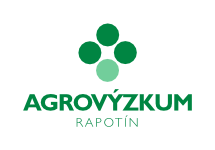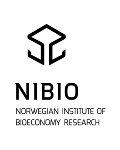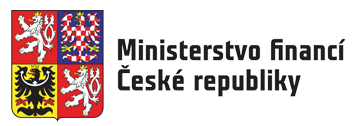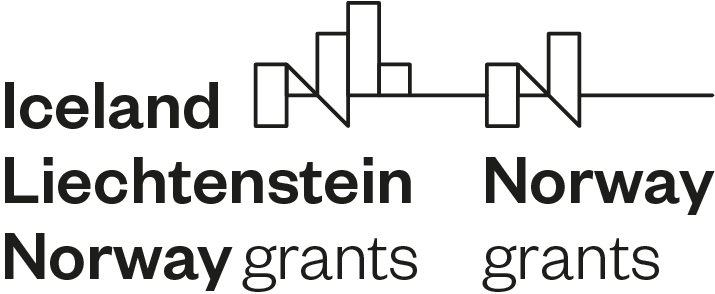Programme:
Fund for bilateral relations within the EEA and Norway Grants
Iniciative No.:
EHP-BFNU-OVNKM-3-065-2020
Programme Area:
Bilateral Research Cooperation
Programme Operator:
Ministry of Finance of the Czech Republic
Promoter:
Agrovýzkum Rapotín Ltd.
Partner:
Norwegian Institute of Bioeconomy Research
Bilateral initiative starting date:
1 April 2021
Bilateral initiative ending date:
31 July 2022
Total eligible costs of initiative:
504 ths CZK
Project decription
The Czech research team from Agrovyzkum Rapotín took part on one short-term technical study trip at the NIBIO. The visit was held at the NIBIO Fureneset which it was very good opportunity for improved knowledge and experiences in practical conditions. Gained knowledge and experience of the NIBIO Fureneset related to the topic were provided as the main content of our meeting and possible future cooperation in the field of international scientific activity: issues of short-term and long-term grasslands, measurement and assessment of C content and its sequestration, assessment of effects on soil properties, grassland management systems and carbon accumulation and its distribution in the soil profile.
The Norwegian research team took part in a two-days workshop organized by Agrovýzkum Rapotín s.r.o. The localities were visited in the Praděd National Nature Reserve, where grazing of cattle, sheep and horses has been restored in recent years. Agrovyzkum Rapotín takes soil samples at the mentioned localities every year to determine the basic chemical and physical parameters. The primary purpose of the restored pasture is to restore the species diversity of vascular plants. Therefore, the floristic composition of alpine grasslands is determined annually by the method of phytocenological relevés of permanent plots.
A practical presentation of experimental areas, including practical sampling activities, transfer of knowledge and experience, exchanging of information, sharing of results and discussion about it as well as evaluation of data from experiments were done with the cooperation of Czech and Norwegian partners. The Czech and Norwegian project research team expect that the bilateral cooperation will result in:
- further increasing of numbers of research activities,
- knowledge transfer, exchanging ideas and opinions,
- to obtain of technical skills fundamental for further research in the area such as environment and agriculture,
- to increase of publication activity,
- to join follow up bilateral project cooperation between the Czech Republic and the Kingdom of Norway.




